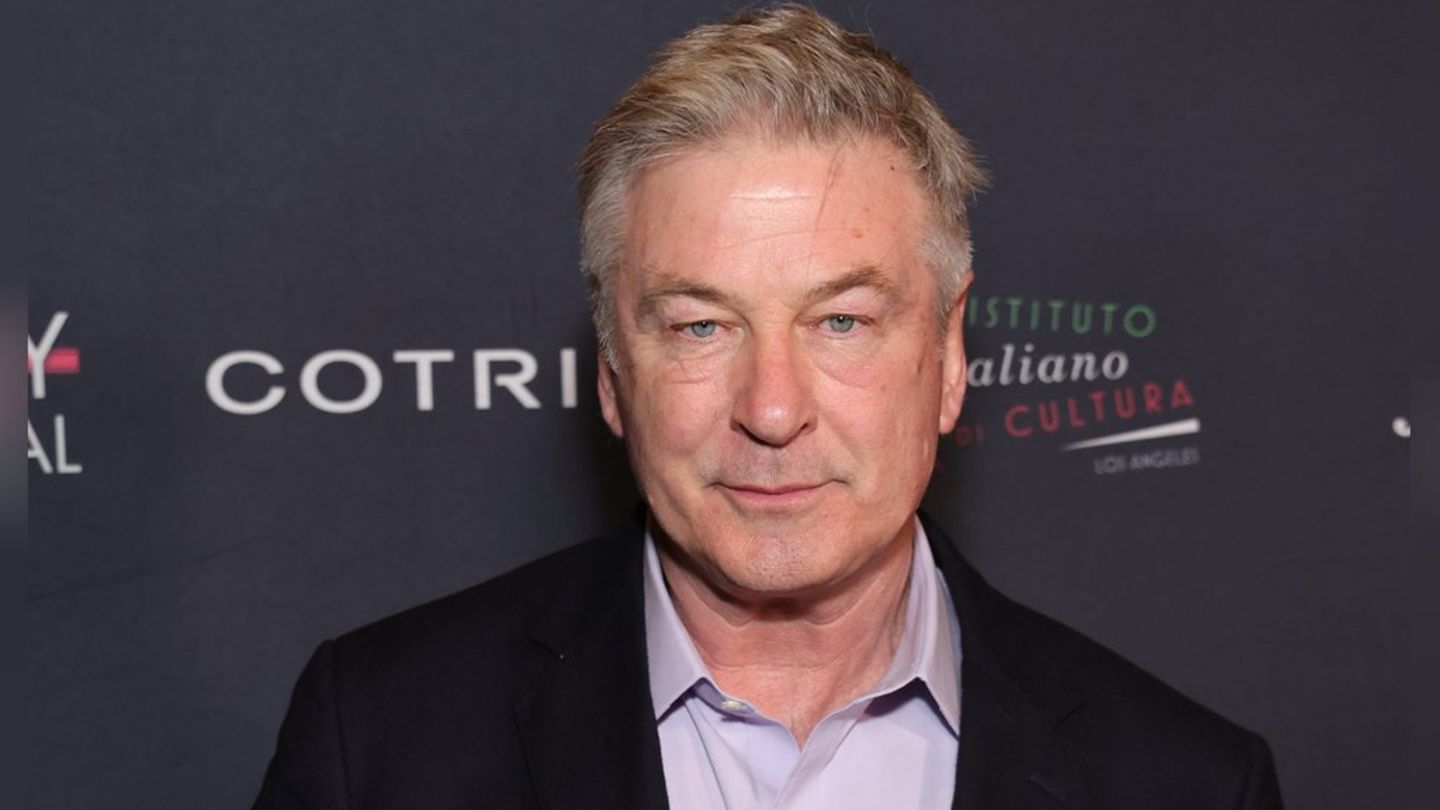The new British Prime Minister, the Labour Keir Starmer, He promised on Friday to “rebuild” the country, following the resounding victory of his centre-left party in the legislative elections, which put an end to 14 years of conservative governments.
The 61-year-old Labour leader He had been received shortly before at Buckingham Palace by King Charles III.who asked him to form a government and officially named him prime minister.
“Now our country has voted decisively for change, for national renewal”declared Starmer, who then proceeded to form his cabinet.
He appointed as head of the Economy portfolio Rachel Reeves, first woman to hold that position in the country, and as head of diplomacy David Lammy, a lawyer descended from slaves of Guyanese origin.
In his first remarks, Lammy called for “an immediate ceasefire” in the war between Israel and the Islamist Hamas movement in the Gaza Strip.
In the absence of knowing the deputy of a constituency, Labour won 412 of the 650 seats in the House of Commons and 33.7% of the vote, surpassing the threshold of 326 for an absolute majority.
The defeated prime minister’s conservatives Rishi Sunak They won 121 seats (23.7%) compared to 365 five years ago under Boris Johnson. This is the lowest figure in an election since the party was founded in 1834.
The Labour leader will take his first steps on the international stage next week at a NATO summit in Washington.
Following the debacle, Sunak announced his resignation as head of the party.
“Following this result, I will step down as party leader, not immediately, but once everything is in place to appoint my successor,” he said.
The far-right party Reform UK, led by Nigel Farage, one of the driving forces behind Brexit, entered Parliament with five seats.
Farage, with just over 14.3% of the vote, took many votes away from the Conservatives and became the third largest party, ahead of the centrist Liberal Democrats (12.2%), which won 71 seats.
Despite his comfortable victory, Starmer did not surpass the record of Labour MPs (418) obtained by Tony Blair in 1997, when he ended 18 years of Conservative governments.
Starmer, who moved his party toward more centrist positions following Labour’s defeat in the 2019 election of his more left-leaning predecessor, Jeremy Corbyn, campaigned for less radical “change.”
He promised cautious management of the economy as part of a long-term growth plan that includes strengthening criticised public services, particularly the health system.
Corbyn, 74, who was expelled from the Labour Party after being accused of anti-Semitic views, was re-elected as an independent candidate.
While the Conservative leader was able to secure his seat in Parliament, this was not the case for other heavyweights in the party, such as his predecessor as Prime Minister, Liz Truss, or the Minister for Defence, Grant Shapps, and the Minister for Culture, Lucy Frazer.
Sunak is leaving office less than two years after being appointed Prime Minister in October 2022, when he took over after a disastrous economic mandate of just 49 days from Truss, who had replaced Boris Johnson, embroiled in the scandal of parties at his official residence during the Covid-19 pandemic.
The Conservative Party, plagued by internal struggles and mired in a deep crisis, had been in power since May 2010, first with David Cameron, followed by Theresa May and then Johnson.
Brexit in 2020, along with Covid, rising living costs and a criticised health service, all took their toll on the Conservatives.
Following Sunak’s accusations that a Labour victory would “mean higher taxes for a generation”, Starmer insisted that he would only raise taxes on certain taxpayers, including private schools and companies in the hydrocarbon sector, but not on workers.
Starmer has already announced that he will abandon the Conservative plan to send planes to Rwanda with illegal migrants to combat the mass arrival of people across the English Channel, which separates England and France.
Source: Ambito




